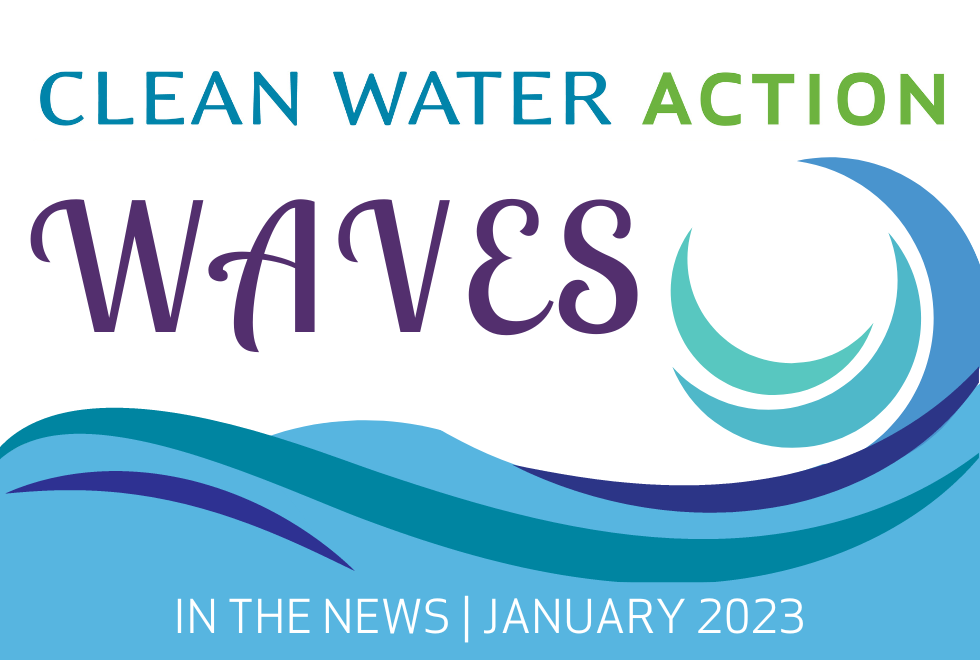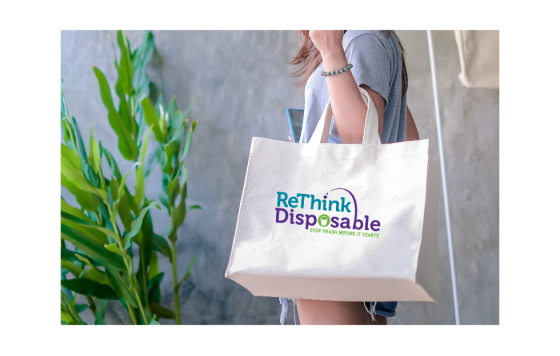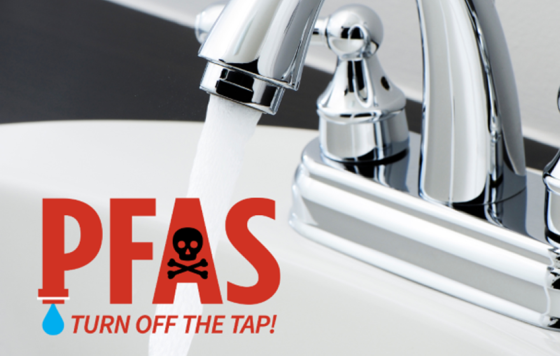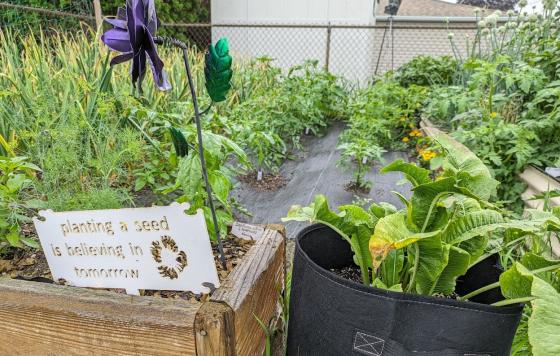
Our work to protect clean water across the country often makes the news. Clean Water Waves highlights recent articles featuring our staff speaking on their areas of activism and expertise.
Minnesota
Combatting forever chemicals at Minnesota capitol
Nathan O'Neal | Fox 9 KMSP | January 23rd, 2023
The eastern Twin Cities metro is notorious for its problems with PFAS chemicals after manufacturer 3M dumped waste containing the so-called "forever chemicals" in the area and contaminated the drinking water of thousands of Minnesotans.
PFAS chemicals have been used to manufacture household items, including non-stick cookware, carpeting and waterproof clothing. The chemicals have been linked to serious health problems including an increased risk of cancer.
"If we don’t have clean, healthy water, what do we have?" said Avonna Stark of the group Minnesota Clean Water Action.
While 3M announced last month its intentions to stop PFAS manufacturing by 2025, a variety of clean-up efforts in the East Metro are still underway.
"While the attention has been on the East Metro, wells and aquifers and water all over the state are impacted," said Stark.
Michigan
Polluter-pay laws could return under Democratic majority
Andrew Roth | Planet Detroit | February 4th, 2023
Michigan used to have some of the strongest “polluter pay” laws in the country, but those laws were significantly narrowed under former Gov. John Engler in 1995.
“Since 1995, the number of contaminated sites in Michigan has really exploded,” said Sean McBrearty, the legislative and policy director for Clean Water Action, an environmental advocacy group headquartered in East Lansing.
According to the Department of Environment, Great Lakes, and Energy, there are over 24,000 contaminated sites in Michigan, about half of which are “orphan sites” where no responsible party still exists – meaning taxpayers will be responsible for covering the cost of cleaning those sites.
“When we look at this economically, what we’re seeing here is another unaccountable giveaway to irresponsible corporations,” McBrearty said.
“What we need this Legislature to address is to bring back our polluter pay program to ensure that the responsible corporations, not taxpayers, are on the hook for cleaning up contaminated sites moving forward.”
Pennsylvania
How recycling lost its way in Philadelphia and what can be done to get it back on track
Samantha Wittchen | Grid Magazine | January 2nd 2023
After making substantial gains in recycling during the Nutter administration, Philadelphia has backslid over the course of the Kenney administration to the point where recycling statistics are now almost to the level they were in 2007 under Mayor John Street — before the Nutter administration rolled out single-stream recycling and boosted the city’s recycling rate from 7% to a high of 21% in 2015. Once again, Philadelphia’s recycling rate is 8%: almost a decade’s worth of progress — erased.
“The Streets Department is reverting back to a waste collection agency, and it’s putting everything in the trash,” says Maurice Sampson, Eastern Pennsylvania director for Clean Water Action and the City’s first recycling coordinator from 1985 to 1987. “We have a department whose mentality is disposal and not recovery.”
...
So where does Philadelphia go from here? To have any chance of moving towards a low-waste, circular economy that is so critical to the future of our city and planet, Philly must first get the basics right.
“I believe it’s not recycling that’s broken. Waste management is broken,” says Sampson. “We have mechanisms to make the waste management system work, but we don’t put them together.” Sampson suggests that the next mayor needs to recognize that the system is broken and needs to be fixed, and then he or she needs to install the right leadership to do it.
“We need to hire professionals and allow them to run the Streets Department,” insists Sampson.
Rhode Island
Environmental groups urge McKee to back ‘bottle bill’ to fight litter
Edward Fitzpatrick | Boston Globe | January 20th, 2023
Jed Thorp, Rhode Island state director of Clean Water Action, said the issue is gaining traction now in part because of “nips,” the miniature alcohol containers that are often found cast aside on roadways or washed up along waterways all over Rhode Island. He said volunteers with Friends of the Saugatucket collected more than 5,000 “nips” in 20 days.
Representative David A. Bennett, a Warwick Democrat who chairs the House Environment and Natural Resources Committee, introduced legislation last year that would have prohibited the sale of miniature alcoholic beverage containers in Rhode Island, but that bill died in his own committee.
Thorp said bottle bills have been introduced at the General Assembly for decades, going back to the 1970s. But, he said, “I think this is the year to get it done because there is a growing awareness of the plastic problem in the state, and lawmakers get that we need to do more than what have been doing.”



